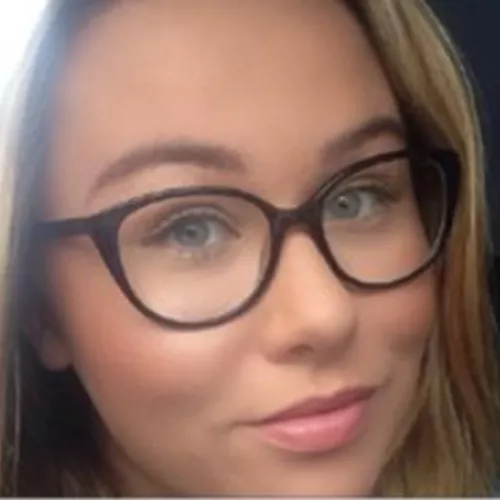Mental health problems – an introduction
Explains what mental health problems are, what may cause them, and the many different kinds of help, treatment and support that are available. Also provides guidance on where to find more information, and tips for friends and family.
What treatments are available?
This page gives an overview of the two most common forms of treatment offered though the NHS: talking treatments and psychiatric medication. It also explains some available alternatives, such as arts and creative therapies and complementary and alternative therapies, and explains where you can find out more.
Under 18? We have resources for you on how to get help and support
I didn't realise I was experiencing issues for a long time, and then put off seeing someone about it – just knowing you are actually finally getting help is such a relief.
Talking treatments
Talking treatments provide a regular time and space for you to talk about your thoughts and experiences and explore difficult feelings with a trained professional. This could help you to:
- deal with a specific problem
- cope with upsetting memories or experiences
- improve your relationships
- develop more helpful ways of living day-to-day.
You may hear various terms used to describe talking treatments, including counselling, psychotherapy, therapy, talking therapy or psychological therapy. These terms are all used to describe the same general style of treatment.
There are lots of different kinds of therapy available in the UK and it's important to find a style and a therapist that you feel comfortable with.
(See our pages on talking treatments for more information, including how to access them.)
Cognitive behavioural therapy (CBT)
If you're referred for therapy through the NHS, you're likely to be offered a type of talking treatment called cognitive behavioural therapy (CBT). CBT is a relatively short-term treatment which aims to identify connections between your thoughts, feelings and behaviours, and to help you develop practical skills to manage any negative patterns that may be causing you difficulties.
Evidence suggests that CBT can be an effective treatment for a range of mental health problems. However, although many people can benefit from CBT, not everyone finds it helpful. You might find that it just doesn't suit you, or doesn't meet your needs.
(See our pages on CBT for more information.)
Talking things through with a counsellor or therapist really helps me to see things more rationally and make connections between reality and inside my head.
Antidepressants
These are mostly prescribed for people experiencing depression, though you might also be offered an antidepressant if you're experiencing anxiety, obsessive-compulsive disorder (OCD), eating problems, or depression as part of another mental health problem.
Antipsychotics
These may be prescribed to reduce distressing symptoms of psychosis, schizophrenia, schizoaffective disorder and sometimes severe anxiety.
They are sometimes also prescribed for people experiencing bipolar disorder as they can help control hypomania and mania.
Sleeping pills and minor tranquillisers
These can help you sleep if you experience severe sleep problems, or calm you down if you experience severe anxiety (sometimes called anti-anxiety medication).
Mood stabilisers (including lithium)
These can help stabilise your mood if you experience extreme mood swings, for example if you have a diagnosis of bipolar disorder. They may also be prescribed for hypomania and mania and sometimes recurrent severe depression.
Many people find these drugs helpful, as they can lessen your symptoms and allow you to cope at work and at home. However, drugs can sometimes have unpleasant side effects that may make you feel worse rather than better. They can also be difficult to withdraw from, or cause you physical harm if taken in too high a dose.

How treatment helped me to live with depression and anxiety
Mental illness is a part of who you are, but it doesn't define you. You are not your illness.
Antidepressants helped once I found the right ones.
Arts and creative therapies
Arts and creative therapies are a way of using the arts (music, painting, dance or drama) to express and understand yourself in a therapeutic environment, with a trained therapist. This can be especially helpful if you find it difficult to talk about your problems and how you are feeling.
(See our pages on arts and creative therapies for more information.)
Complementary and alternative therapies
Some people find complementary and alternative therapies helpful to manage stress and other common symptoms of mental health problems. These can include things like yoga, meditation, aromatherapy, hypnotherapy, herbal remedies and acupuncture.
The clinical evidence for these options is not as robust as it is for other treatments, but you may find they work for you.
(See our pages on complementary and alternative therapies for more information.)
This information was published in October 2017.
This page is currently under review. All content was accurate when published.
References and bibliography available on request.
If you want to reproduce this content, see our permissions and licensing page.













